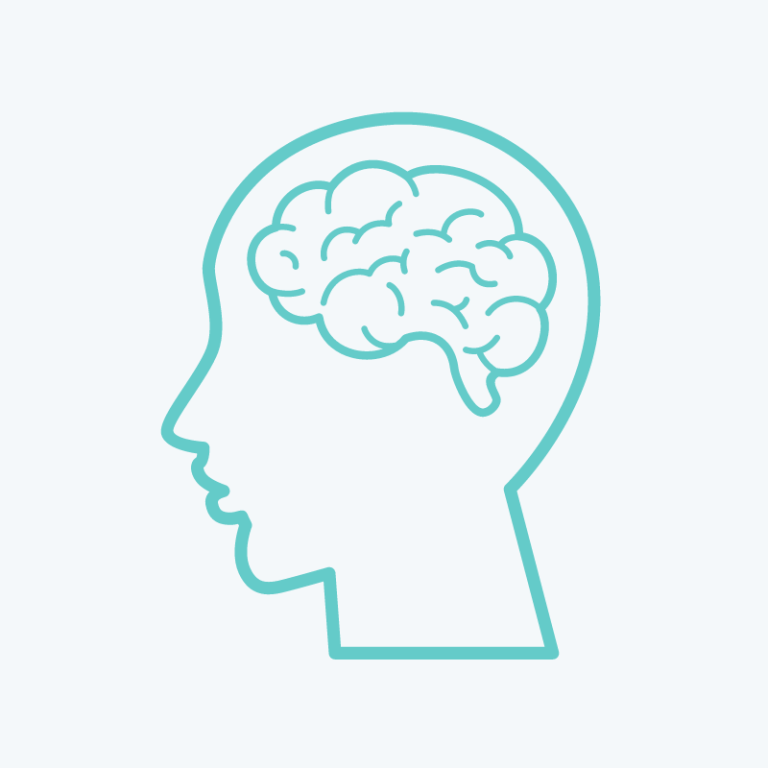What is vertigo?
Vertigo is the sensation of you or the environment around you spinning. It can come on in spells or last for long periods of time with varying severity – some people only experience a slight unsteady feeling while others feel as though the room is spinning around them and can lose their balance.
It’s different to dizziness in that dizziness is a broader feeling of lightheadedness or disorientation. Additionally, dizziness tends to be related to factors like a drop in blood pressure, whereas vertigo is usually (but not exclusively) a condition caused by issues within the inner ear.





